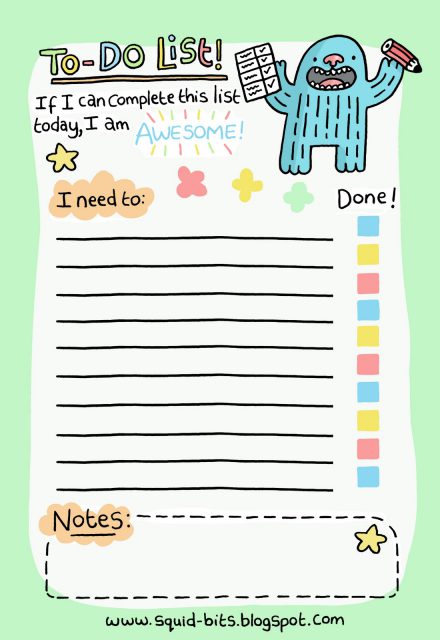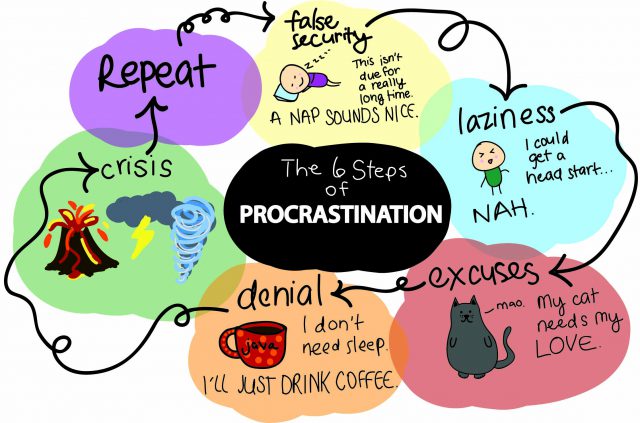Athena Education
March 22, 2015
If you attend a top high school, you are probably no stranger to stress. Most of this stress is negative, since it destroys both productivity and creativity. What can we do to slay this dragon?
There are many answers to this question. In an interview with Vanity Fair, President Barack Obama mentioned that his key to managing stress was to establish routines, so that he does not use valuable time and mental energy making decisions of little importance:
“You need to remove from your life the day-to-day problems that absorb most people for meaningful parts of their day… You’ll see I wear only gray or blue suits. I’m trying to pare down decisions. I don’t want to make decisions about what I’m eating or wearing. Because I have too many other decisions to make. You need to focus your decision-making energy. You need to routinize yourself. You can’t be going through the day distracted by trivia.” -President Barack Obama

Well, what does this mean for students like you? First, let us rephrase the question. Instead of asking “How do we manage stress?”, let us ask “How do we maintain a positive attitude toward work?”.
Now everyone has a theory on how to be happy. However, there is no need for theories. A leading Silicon Valley corporation conducted a study on its employees to determine what factors cause workplace satisfaction. Salary? Position? Bonuses? Travel? Facilities? Free lunch?
It was none of the above. The answer was more basic.
The strongest determinant of workplace satisfaction is getting something tangible done by the end of the day. That is it.

If you want to be happy, write down 3-5 things you want to accomplish each day, and do not sleep until they are done. If they are done early, relax and reward yourself. Incentivize output, not input. It does not matter how much time you take to complete something. All that matters is whether it is done well or not.
But now this begs the question, “What stops us from getting things done?”
This brings us to the second dragon that terrifies us all: procrastination.
Why do we procrastinate? Here is the secret.
We procrastinate when two conditions are met: (1) a task is difficult, AND (2) we do not have a clear and effective strategy to move forward.
Now we cannot control Item 1. Sometimes the tasks before us are difficult. However, we do have control over Item 2. We can develop clear and effective strategies to tackle any problem.
Here is an example.
Let us say you do not know how to solve three calculus problems from a textbook. At this point, most students simply ask their friends for the process and answer through Facebook or Gchat. For the record, this is a terrible idea. You cannot develop your intellectual muscles unless you exercise them. Therefore, the CLEAR AND EFFECTIVE STRATEGY is to
- Attempt each question for 5-10 minutes.
- Write down exactly where you are stuck.
- Ask the teacher or another student how exactly to overcome that obstacle.
- Then continue to solve the problem yourself.
- If you must ask someone for the entire solution, study it for a minute, then RECREATE it yourself without assistance.
The above process seems to take more time, but it results in REAL LEARNING. As a result, you will need to spend LESS TIME studying and revising in the future, since your concepts are solid.
The problem with most students is that they are in such a hurry to get through the chapter that they do not engage in REAL LEARNING. Therefore, they do not have a strong foundation upon which to build. This leads to MORE STRESS.

Therefore, what is the lesson?
Stress can be reduced by focusing on the getting the process right, and you cannot get the process right if you do not have a CLEAR AND EFFECTIVE STRATEGY to tackle the problem. If you are unsure about the strategy, ask a teacher or a student who does the best in that class. If you imitate the techniques of the best students, you will soon become one of the best students. It is as simple as that. And once you consistently apply the right strategies, you will gain confidence in your intellectual abilities, and the stress will melt away.
A final note of inspiration: a recent Harvard Business Review article outlined provided a list of ten tips for managing stress and improving performance. One of these items was to see focus on progress, not on perfection. Appreciate how far you have come and that you are still growing. That is much healthier than lamenting your current lack of perfection.
You can read the entire HBR article on stress management here.
So best of luck, and Godspeed to you all.



Leave A Comment